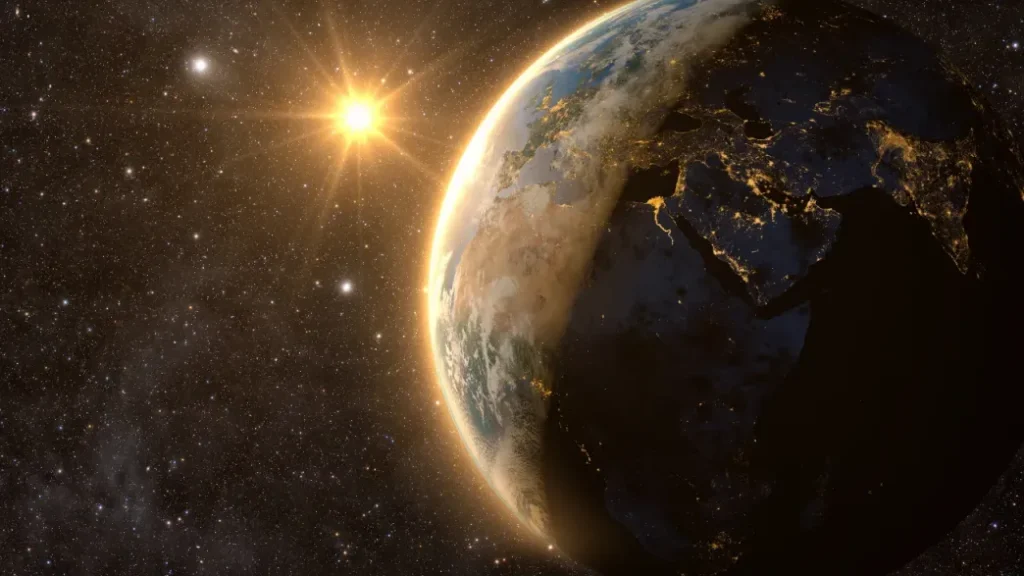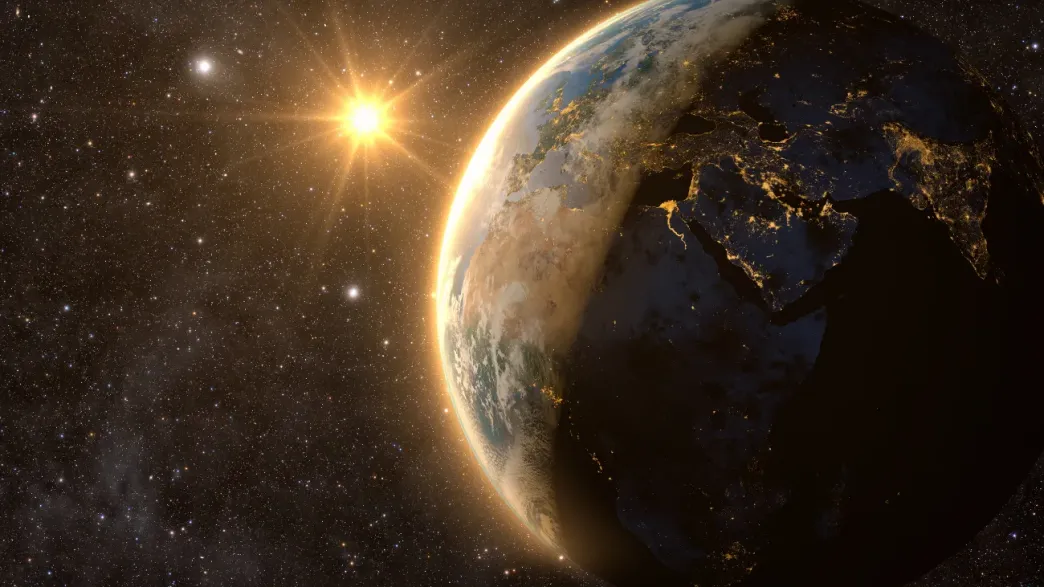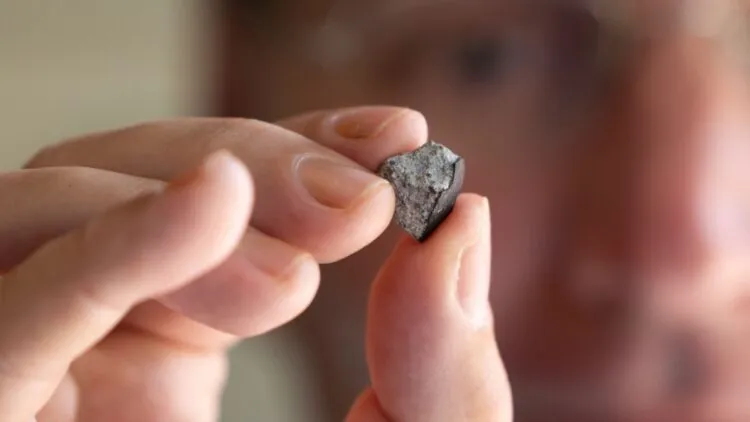Earth Is Spinning Faster Than Ever – Here’s What That Really Means for Your Day

Think you never have enough hours in the day? Technically, you’re right. Our planet has been spinning faster than usual, and it’s literally shaving fractions of a second off each day. You can’t feel it, but scientists sure can—and the implications go far beyond your wall clock.
On July 10, 2025, Earth set a new record by completing its rotation 1.36 milliseconds faster than the standard 24 hours. To put that in perspective: you’d need to blink about 74 times to equal that difference. Small? Absolutely. But in the cosmic scheme of timekeeping, every millisecond counts.
Atomic Clocks: The Drama Detectives of Time
We only know about these micro-shifts because of atomic clocks—ultra-precise instruments so sensitive they make your phone’s clock look like a sundial. Since their debut in the 1950s, they’ve been able to measure variations smaller than a hummingbird’s heartbeat.
And they’ve been busy lately. Earth has been smashing its own records since 2020. The previous champ was July 5, 2024, when the day was 1.66 milliseconds short. But 2025 has already delivered multiple speed records: July 9 ran 1.34 milliseconds short, with July 22 expected to do the same.
The Moon: Earth’s Personal Trainer
So, what’s giving Earth this sudden burst of rotational speed? A big part of the answer is hanging in the night sky.
The Moon’s gravitational pull doesn’t just stir up the tides—it tugs on Earth’s spin, too. When the Moon drifts farther from Earth’s equator, it creates an off-center pull that tweaks our planet’s wobble. That wobble, in turn, makes Earth rotate just a little bit faster.
Even experts are surprised. “Nobody expected this,” says Leonid Zotov of Moscow State University. “The cause of this acceleration is not explained.”
More Than Just Lunar Influence
While the Moon plays the lead role, Earth’s rotation is also shaped by other powerful forces:
- Atmospheric Shifts: Seasonal changes in the jet stream and air circulation slightly alter the planet’s spin. If the atmosphere slows, the solid Earth speeds up to keep momentum balanced.
- Climate Change: NASA found that melting glaciers and shifting groundwater are lengthening days by about 1.33 milliseconds per century—pushing back against the recent speed-up.
- Earthquakes: Major quakes can redistribute Earth’s mass. The 2011 Japan earthquake, for example, shortened days by 1.8 microseconds.
Think of it as a cosmic tug-of-war between natural accelerators and human-induced brakes.
The Coming Clock Crisis
Here’s where things get weird. To keep our clocks synced with Earth’s actual spin, scientists have occasionally added “leap seconds” since 1972. So far, 27 have been added—the last one in 2016, just before Earth started racing ahead.
Now, for the first time ever, we might have to do the opposite: remove a second from global timekeeping. This so-called “negative leap second” has never been done, but researchers estimate there’s a 40% chance we’ll need one before 2035.
Why does this matter? Because our world runs on synchronized digital time. A missing second could disrupt satellites, servers, and communication systems—possibly causing a glitch fest reminiscent of the Y2K scare.
What This Means for You
On a human level, you won’t notice a thing. Your morning coffee will still take the same time to brew, and your meetings won’t magically be shorter (unfortunately). But for technology, the stakes are real. Global infrastructure relies on timing down to the millisecond. Tiny errors can ripple into big problems.
What’s Next?
Scientists predict even more record-breaking short days in 2025, particularly around August 5. Whether this trend keeps accelerating or slows down remains one of Earth’s great open questions.
Dr. Zotov puts it simply: “Sooner or later, Earth will decelerate.”
Until then, we’re all passengers on the fastest-spinning Earth in modern history—even if we can’t feel the ride. So the next time someone says there aren’t enough hours in the day, you can tell them they’re right—by about 1.3 milliseconds.







